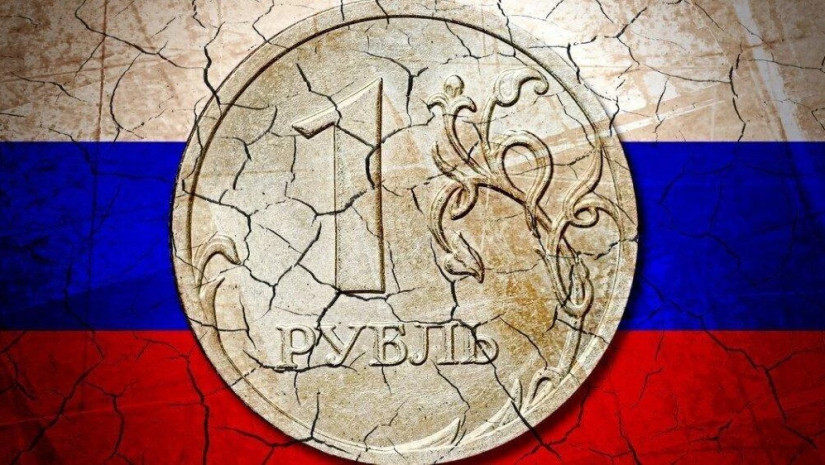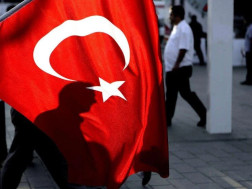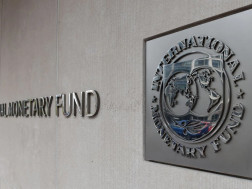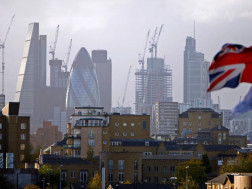The International Monetary Fund (IMF) raised its 2023 economic growth forecast for Russia on Tuesday, predicting that deficit-fueled government spending would help counteract the growing costs of its war in Ukraine.
But the Russian invasion is expected to have a significant impact over the medium term, with the IMF predicting the Russian economy would be about 7% smaller by 2027 than pre-war forecasts would have indicated, IMF chief economist Pierre-Olivier Gourinchas said during a press briefing ahead of the release of the World Economic Outlook (WEO) report on Tuesday.
After contracting by 2.1% last year, the IMF now sees Russia's economy growing by 0.7% this year, up 0.4% points from a previous forecast in January.
The Russian economy is then forecast to grow by 1.3% in 2024, down 0.8% from the earlier forecast.
The IMF raised its forecast for 2023 after concluding that Russia had "been able to maintain quite a bit of momentum in the economy by taking, for instance, very strong fiscal measures" in 2022 and 2023, Gourinchas said.
"At the end of last year, a lot of that fiscal spending was also related to the military expenditures," the IMF's deputy director in the Research Department, Petya Koeva Brooks, told reporters during the press briefing.
"But more broadly, I think that Russia has been using the fiscal space that they have in order to also provide support to the economy," she said.
The IMF expects Russia's budget deficit will reach 6.2% of GDP this year, according to a spokesperson. This would be almost three times the size of last year's budget deficit.
Russia's current account surplus is also predicted to decline sharply to 3.6% of GDP this year from 10.3% a year earlier, due to much weaker terms of trade, lower energy volumes, and a recovery of imports, the spokesperson said, Moscow Times reports.
















